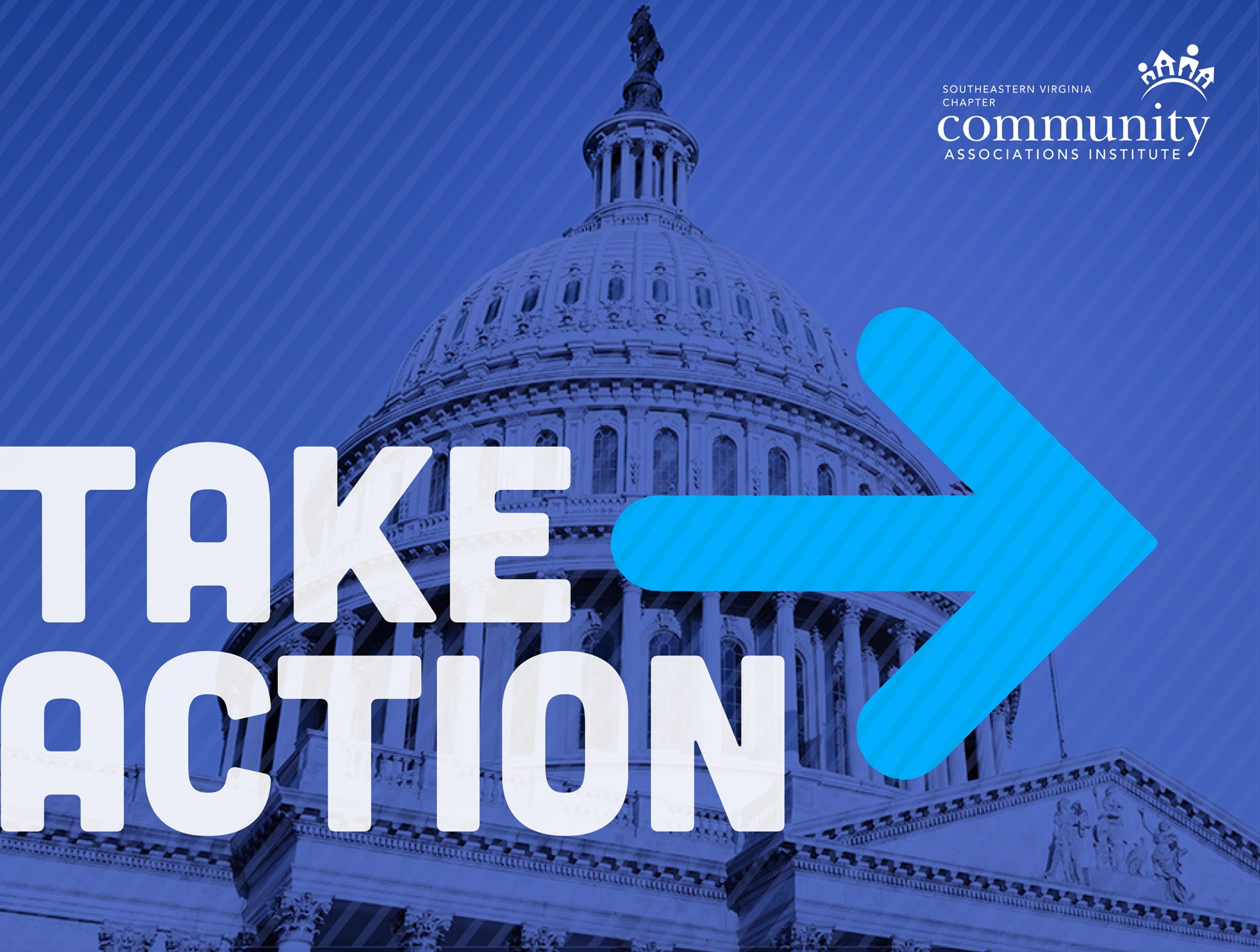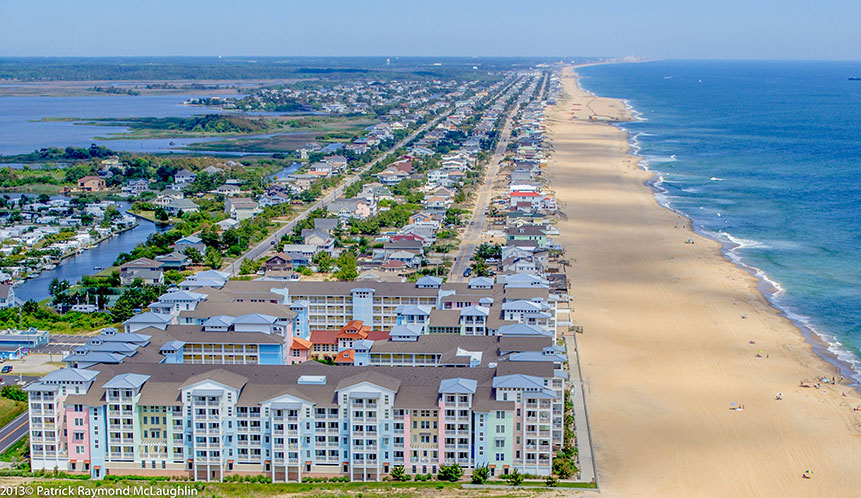
Let the sunshine in. I am not talking about the popular 1969 song by The 5th Dimension. I am referring to the statutes governing Virginia community associations that require all meetings of a board of directors, including any subcommittee or other committee of the board of directors, where the business of the association is discussed or transacted, to be open to all owners of record[1]. These are known as “sunshine laws” and are the rule for community association meetings.
As with most rules, there is an exception - executive session, during which it is permissible to “close” the door, so to speak. Too often in our practice, we are reminded that the permitted reasons to convene in executive and procedure are not well understood. This article will uncharacteristically shine some light on executive session and examine what it is and how to do it correctly.










 "Our Board Just Inherited a Host of Old Violations - What Should We Do?"
"Our Board Just Inherited a Host of Old Violations - What Should We Do?"





 Community associations should take notice that Virginia recently became the final state to allow civil litigants a right to appeal a trial court final order.
Community associations should take notice that Virginia recently became the final state to allow civil litigants a right to appeal a trial court final order. 
